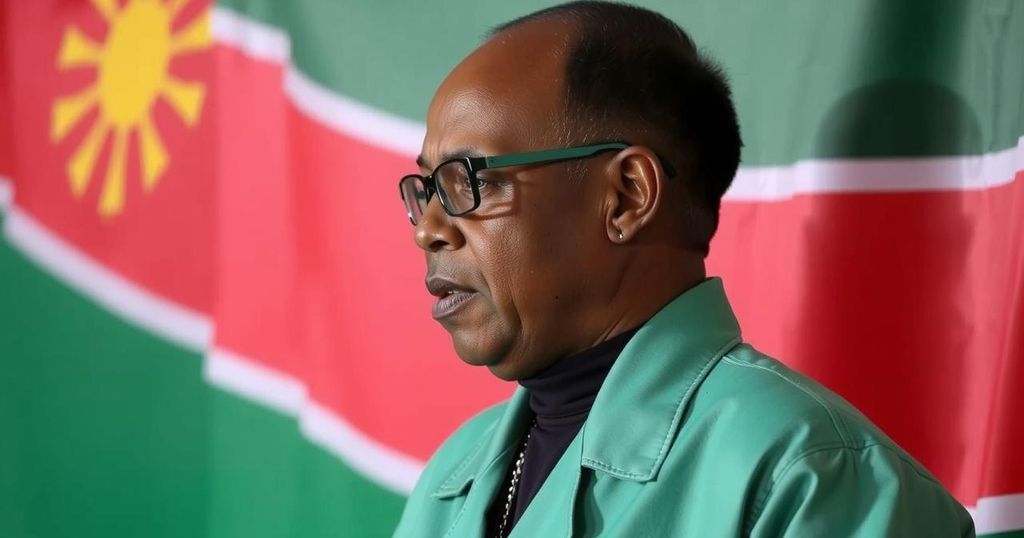Court Decision Enables Opposition Parties to Scrutinize Namibia’s Election Data

The Namibian court has allowed opposition parties to inspect election materials following allegations of electoral irregularities from the recent presidential and parliamentary elections. The ruling comes amid claims of extended voting periods and shortages of ballot papers. The electoral court mandated the electoral commission to provide detailed voting data to the opposition parties by next week, as they consider legal action regarding the election results.
A Namibian court has granted two opposition parties permission to examine election materials related to the presidential and parliamentary elections held on November 27, 2024. The ruling comes as the Independent Patriots for Change (IPC) and the Landless People’s Movement claim that the election was fraught with irregularities, including extended voting periods and ballot paper shortages. The IPC argues that a thorough inspection of the electoral data is essential to gauge the extent of these irregularities and to assess the potential for legal challenges regarding the election results.
Following a court hearing, the electoral court mandated the electoral commission to furnish the parties with specific data, including detailed voting figures from each polling station. The commission is required to provide this information by the end of next week. President-elect Netumbo Nandi-Ndaitwah has dismissed claims of electoral misconduct, stating that she is uninterested in the critics’ assertions. Despite the opposition’s concerns, the electoral commission maintains that the election process was conducted fairly, and Nandi-Ndaitwah is set to become Namibia’s first female president in March 2025.
The political landscape in Namibia has been dominated by the ruling South West Africa People’s Organisation (SWAPO) for over three decades. The recent elections were particularly contentious, marked by reports of logistical challenges, including shortages of ballot papers, which resulted in extended voting times across different locations. The opposition parties’ challenge to the election results reflects a broader concern about electoral integrity and transparency within the nation’s democratic processes, particularly as they pertain to international standards and norms for fair elections.
In conclusion, the court’s decision to allow opposition parties to inspect the election data signifies an important step towards transparency and accountability in Namibia’s electoral processes. As the IPC and the Landless People’s Movement continue to investigate alleged irregularities, the scrutiny of the electoral commission’s practices will likely remain a focal point in the national discourse about democracy and governance in Namibia. This ongoing situation invites careful observation as the new administration prepares to assume office amidst these challenges.
Original Source: indianexpress.com







